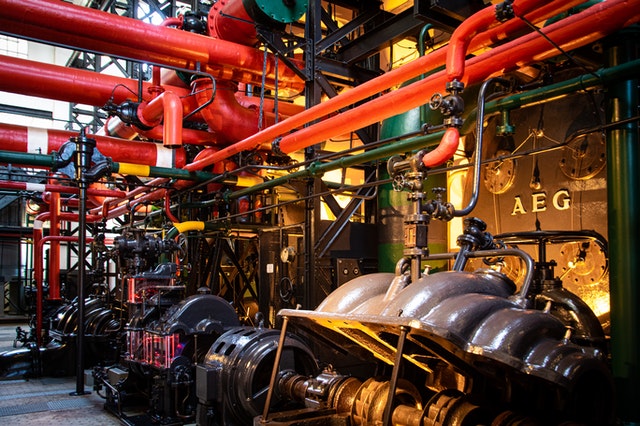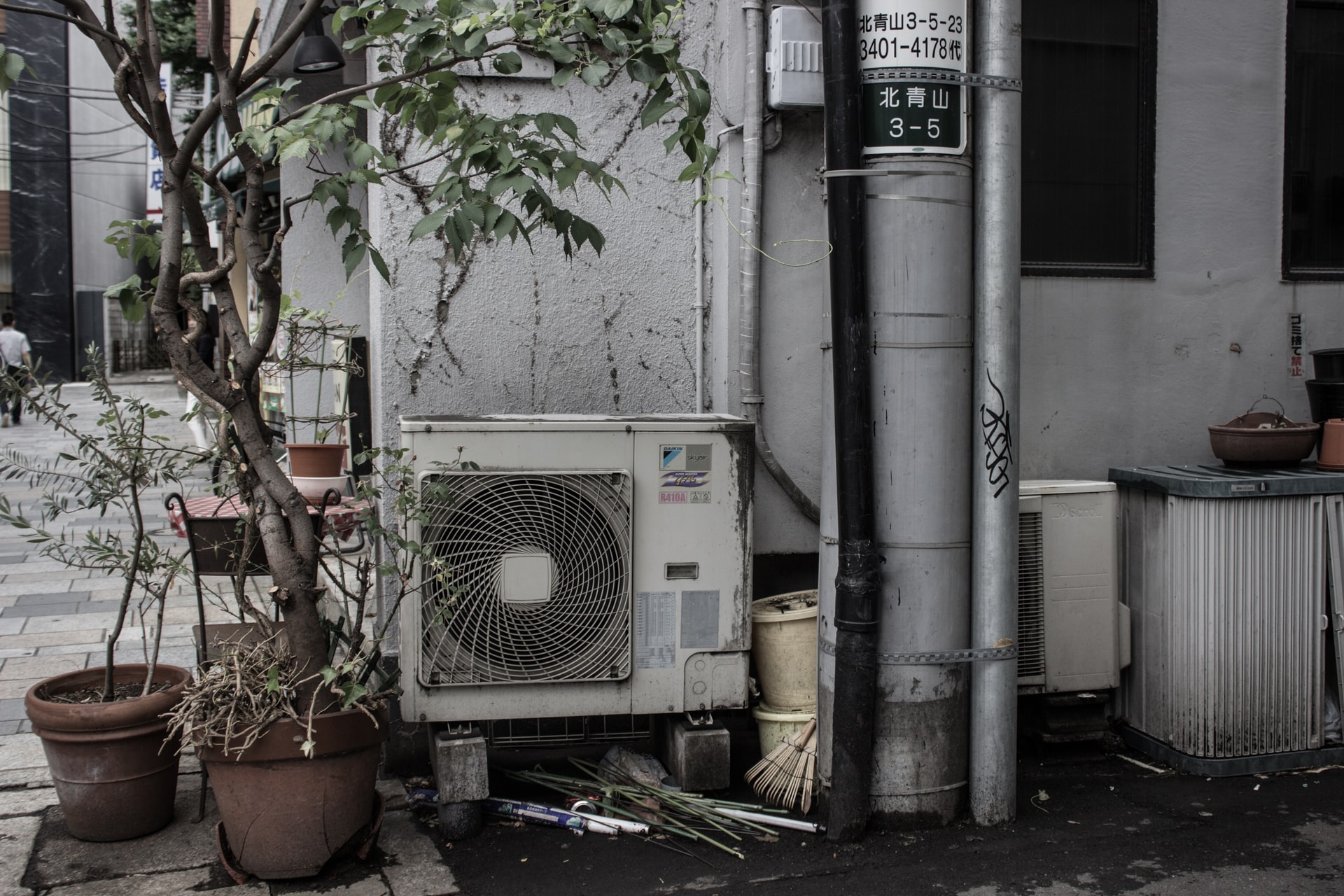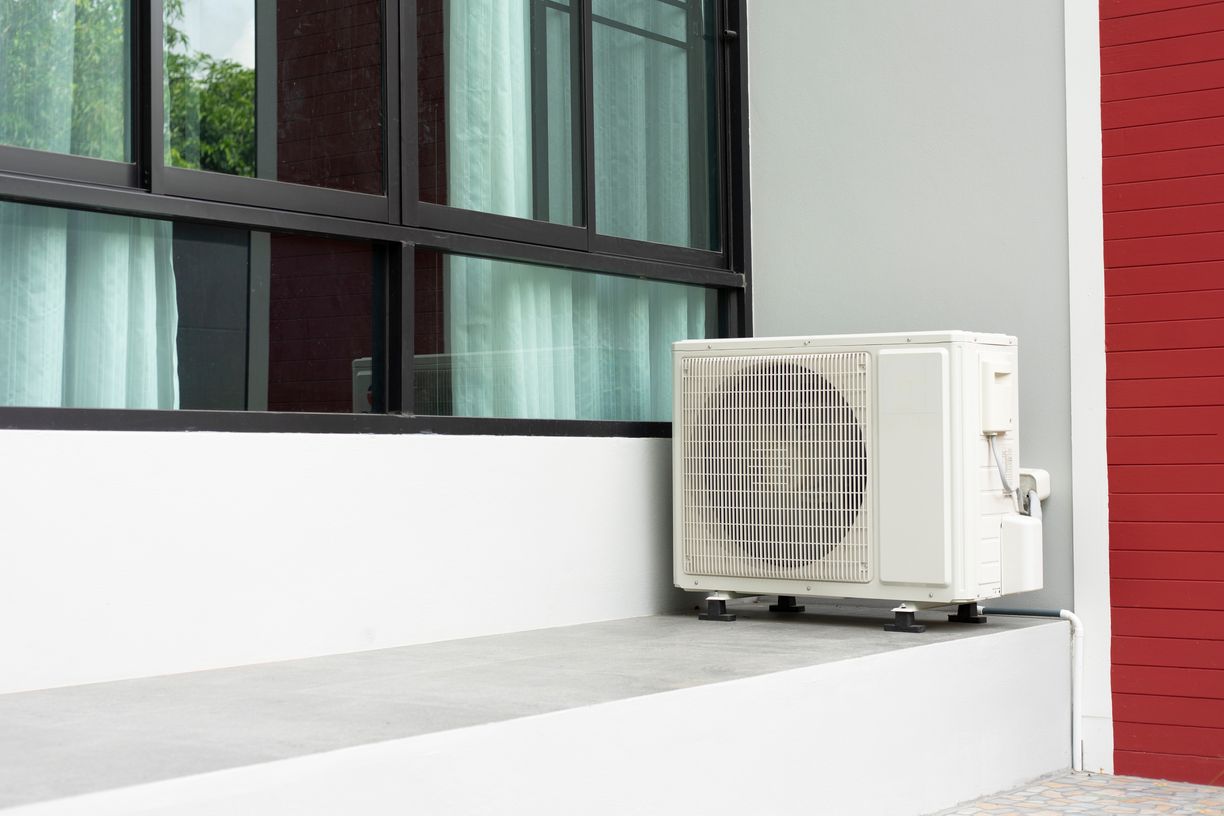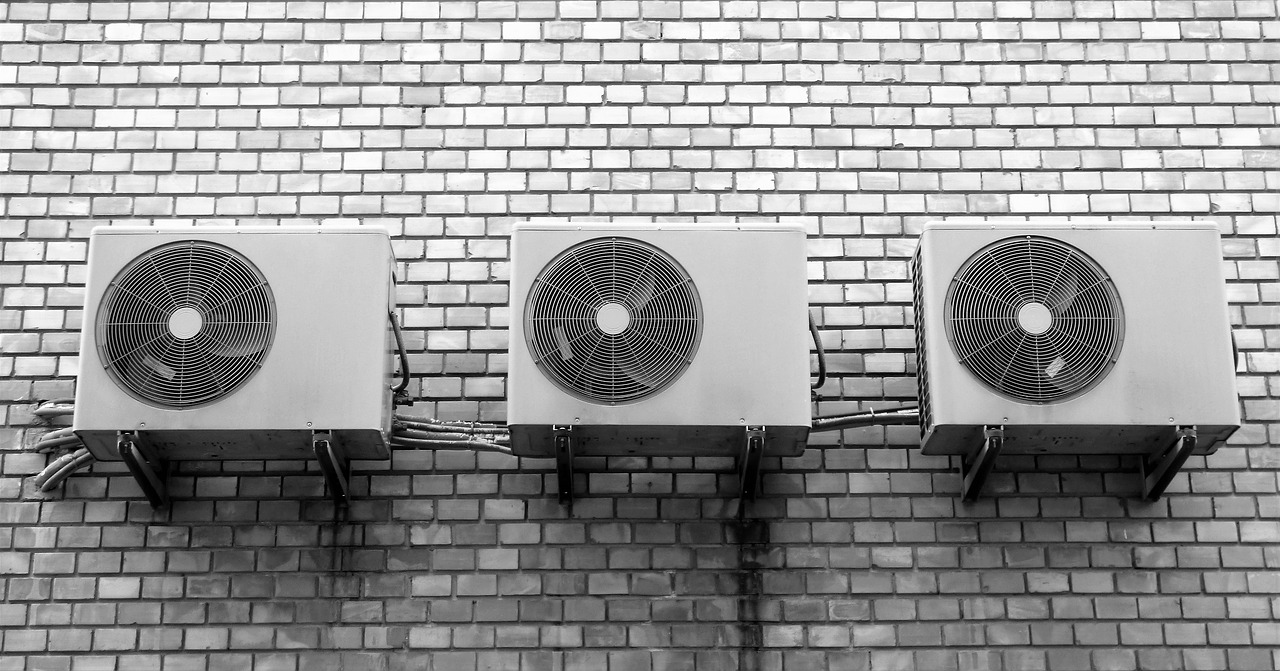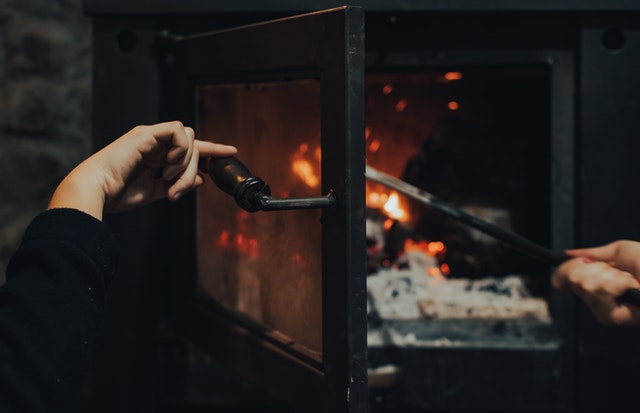
If you think about it, there’s no such thing as a furnace problem that you’re glad to have. All of them are stressful, so your best bet is to get them fixed as soon as possible. Regardless of the season or the weather, you need to have your furnace looked at by a technician to assess what’s the source of the issue. Here are some signs that could help you catch your furnace’s problem before it escalates.
1. Yellow Flames in Your Furnace
The pilot light is one of the most important sources of heat in a furnace. It heats up the burner, which in turn heats up the air that’s then circulated inside your home via the ducts. Even when the furnace is turned off, the pilot light should be on. It should always produce blue or bright yellow flames.
However, if the pilot light produces yellow flames with an orange tint, that’s a sign that the fuel is dirty. If the flame is too small, it’s a sign that the furnace is not receiving enough oxygen. This usually happens when the furnace is not being used regularly.
These are actually signs of a larger issue, so you should have a furnace repair company look at the system right away.
2. A Loud Humming Sound
If the furnace makes a loud hum, even when it has just been turned on, there’s possibly a problem with the motor. Usually, this hum is caused by an accumulation of dirt and dust inside the motor.
The good news is that it could be fixed with a simple cleaning of the motor. To do this, you need to first unplug the furnace’s power cord and let it cool down. After that, you have to take a vacuum cleaner and clean out all the particles from the motor.
3. You’re Having Trouble Getting the Furnace Started
For a lot of homeowners, the furnace is a big question mark. They’re usually not sure how to get it started. The problem is that many furnaces have different functions and you need to know about them to be able to operate them properly.
For instance, you should avoid starting the furnace in the ‘auto’ mode during the summer. This is because the furnace in auto mode tries to match the temperature inside your house with the outside temperature, which is not the best setting if you’re not home.
4. Unbearable Odor
There’s no denying that an odor from the furnace is one sign that it’s not running properly. However, knowing the source of the smell is also helpful.
If the furnace is making a burning smell, it’s possible that it’s burning off dust or other deposits that have accumulated on the exhaust pipe. If the smell is like gas, it’s a sure sign that the gas valve is dirty or cracked. This can cause several issues.
5. The Fan Won’t Shut Off
If the fan won’t shut off, it means that it’s stuck in the ‘on’ mode. This is a serious issue, especially if it’s been left on for several hours. The fan continues to blow hot air, and it will not stop until you manually shut it off.
The problem is that you need to set the temperature of the furnace before you turn it on. Otherwise, the furnace will try to match the temperature in the house, and it could reach extremely high temperatures, which is dangerous.
Conclusion
To help you get the most out of your HVAC system, it’s important to understand how the furnace works. If you’re not sure about any of the signs mentioned in this article, you should immediately contact a furnace repair technician.
For any HVAC or furnace-related problems, Mainline Heating and Air is always on standby to serve you. Our team is uniquely qualified to help you repair any broken HVAC components as well as find the right system that fits your needs and your budget. For emergency furnace repair, call our technicians at (205) 664-4751.



